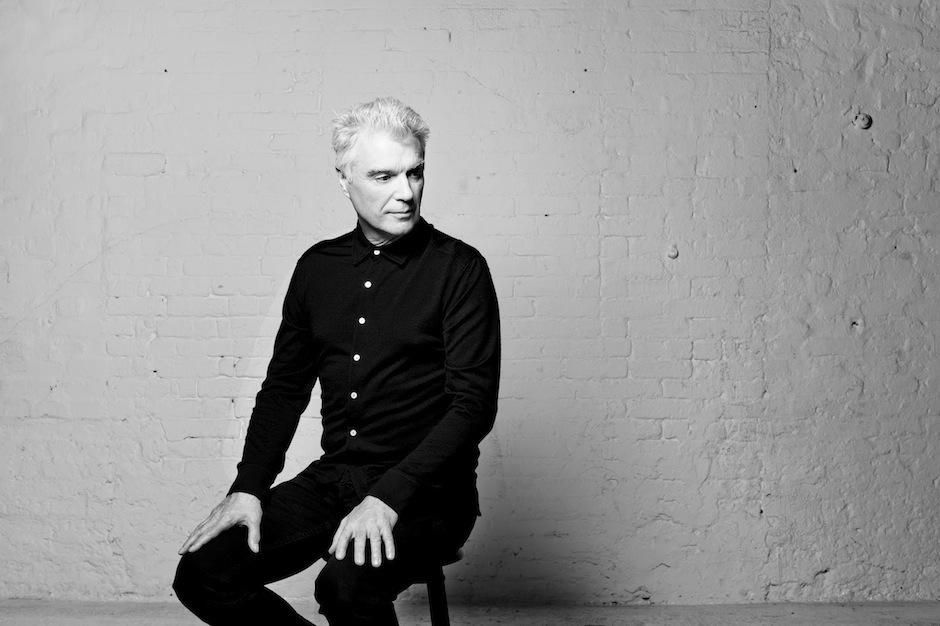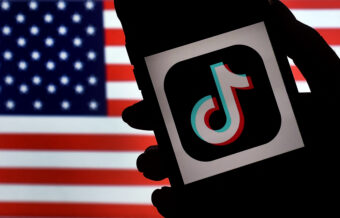The music business hears its future in online music streaming. David Byrne hears a giant sucking sound. In a new op-ed for The Guardian, the former Talking Heads frontman engages in the debate over services such as Spotify and Pandora, and he has harsh criticisms.
Although 140-character culture and the recent memory of Byrne’s similar critique of New York City make his argument easy to lampoon (hey, we laughed, too), his argument is thoughtful and nuanced. In a nutshell: The economics of streaming services, in music and beyond, risk creating “a culture of blockbusters.” Because of the tiny amount of money that would trickle down to artists of all kinds in an all-streaming world, he writes, “The inevitable result would seem to be that the internet will suck the creative content out of the whole world until nothing is left.”
The streaming debate is a complicated one, and Byrne refers to recent critiques by Thom Yorke (Radiohead, Atoms for Peace), Damon Krukowski (Galaxie 500, Damon & Naomi), David Lowery (Camper Van Beethoven, Cracker), and the Black Keys (hey, they have other projects, too). Of course, Spotify and its peers have their own view, and have previously responded saying as much.
Byrne argues that while, yes, he can get by despite the small amount he receives in music-streaming royalties, newer artists won’t have that chance. And he challenges the idea that streaming services actually help listeners find — let alone buy — music they didn’t hear about elsewhere. The point that sounds silliest when pulled out context, but might actually be the most crucial, relates to creativity in all media: “The larger question is that if free or cheap streaming becomes the way we consume all (recorded) music and indeed a huge percentage of other creative content — TV, movies, games, art, porn — then perhaps we might stop for a moment and consider the effect these services and this technology will have, before ‘selling off’ all our cultural assets the way the big record companies did.”
Read the whole thing over at The Guardian.





